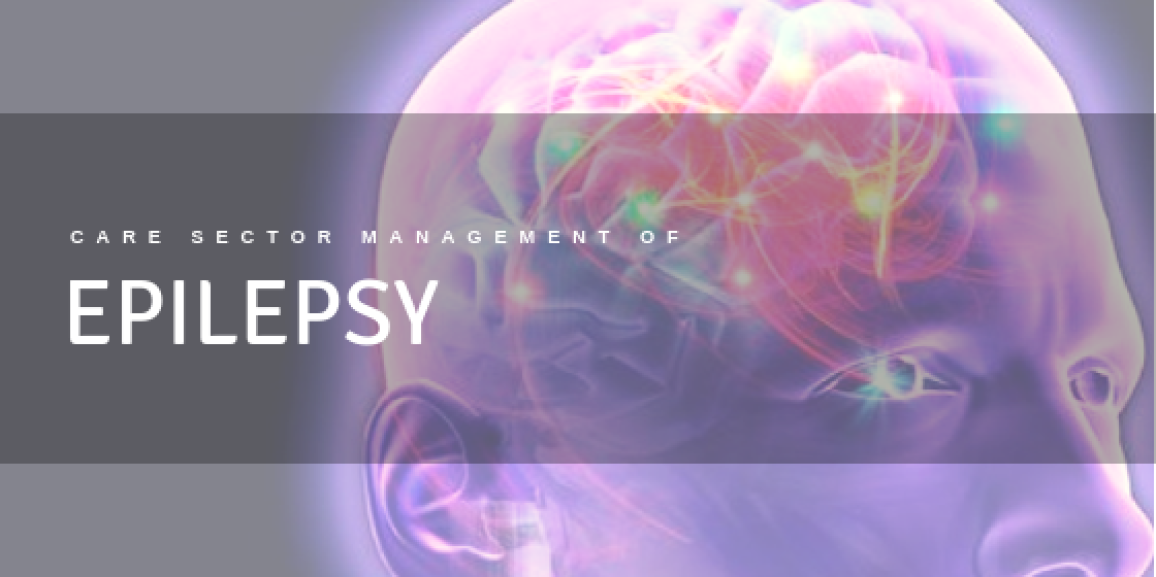Managing Epilepsy in the Care Sector
Since November is Epilepsy Awareness Month, we couldn’t think of a better time to discuss some of the important information surrounding the management of this condition in the care sector.
Epilepsy is a disorder of brain function that takes the form of recurring seizures. These seizures can be convulsive or non-convulsive in nature, and each person’s epilepsy may look different depending on where in the brain the seizure activity occurs. Importantly, not all seizures ‘look’ like the typical convulsing we think of as seizures – some seizures can simply look like a person is daydreaming, and other seizures may occur where an individual seems responsive but then suddenly becomes vague or confused.
Epilepsy is more common in people with intellectual disabilities than in the general population. As such, it is important for disability service providers to be aware of several of the requirements and best practices regarding the management of this condition in their clients.
Because every person’s epilepsy can present differently, it is important that service providers and care staff understand the types of seizures an individual may experience in order to offer appropriate management and keep accurate records. As such, all staff should be trained in First Aid and Epilepsy if they are supporting an individual with the condition.
The individual must have an Epilepsy Management Plan in place with the approval of their GP and/or Neurologist, and staff should have a reference guide for how to manage the individual’s specific seizure types.
Appropriate and accurate records must be kept on seizure activity, including:
– Start time of seizure
– Length of seizure
– End time of seizure
– Where seizure occurred
– Type of seizure/description
– Medication administered
– Injuries sustained
– What the individual was doing prior to the seizure
Lastly, individuals with epilepsy should have regular reviews with the relevant health professionals involved in the management of their condition (namely their GP and Neurologist) to ensure the condition is being appropriately managed, to identify changes in the frequency, duration or intensity of seizure activity, and for medication reviews.







